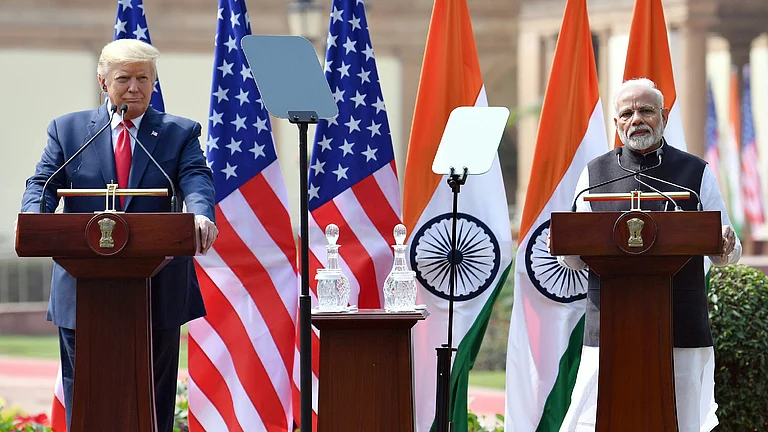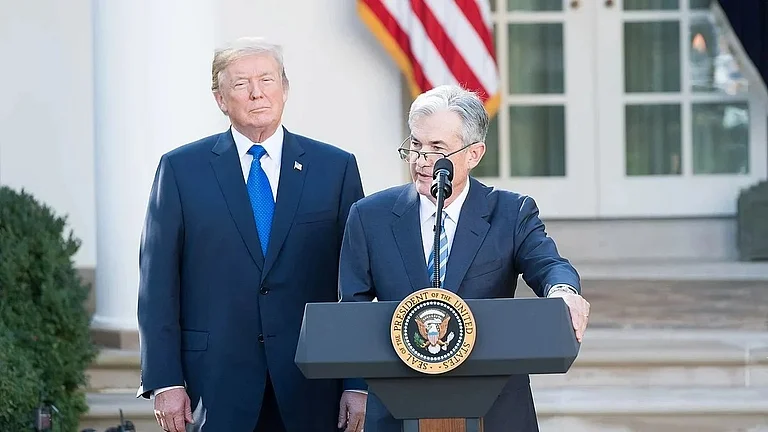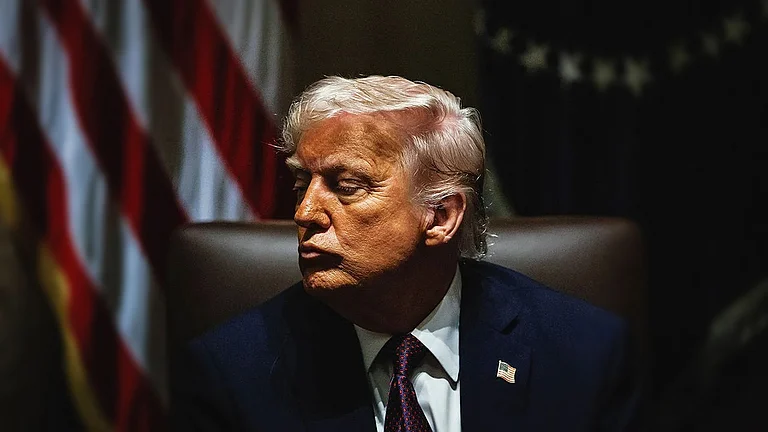The US President Donald Trump vowed to pull the country out of the Paris Agreement, an international climate treaty, on the very first day of his swearing in. At the White House on Monday evening, he signed the order and a letter to the United Nations explaining the decision.
Earlier, as the 45th president in 2017, Trump had announced to withdraw from the climate accord. However, that was quickly reversed in 2021 after Joe Biden was elected as the president.
In his inauguration speech, Trump said that he will declare a “national energy emergency”. According to the list of priorities from his office, he intends to review regulations that “impose undue burdens on energy production and use, including mining and processing of non-fuel minerals”.
The priorities also mentioned that Trump’s energy policies will end leasing to massive wind farms that degrade our natural landscapes and fail to serve American energy consumers.
"By leaving the Paris Agreement, this Administration is abdicating its responsibility to protect the American people and our national security," Gina McCarthy, former White House national climate advisor and 13th US environmental protection agency administrator said. "But rest assured, our states, cities, businesses and local institutions stand ready to pick up the baton of U.S. climate leadership and do all they can—despite federal complacency—to continue the shift to a clean energy economy," she added.
Arunabha Ghosh, CEO, Council on Energy, Environment and Water said that Trump's decision was "not entirely unexpected".
Trump's move comes after the world has breached the global temperature rise limit of 1.5 degrees Celsius above pre-industrial levels for the first time in 2024. The limit was set by the Paris Agreement which stated that beyond this the world will face extreme weather events.
Although it is not binding a legally binding treaty, it brings together global cooperation to limit global warming. Iran, Yemen and Libya are the only other countries out of the agreement.































